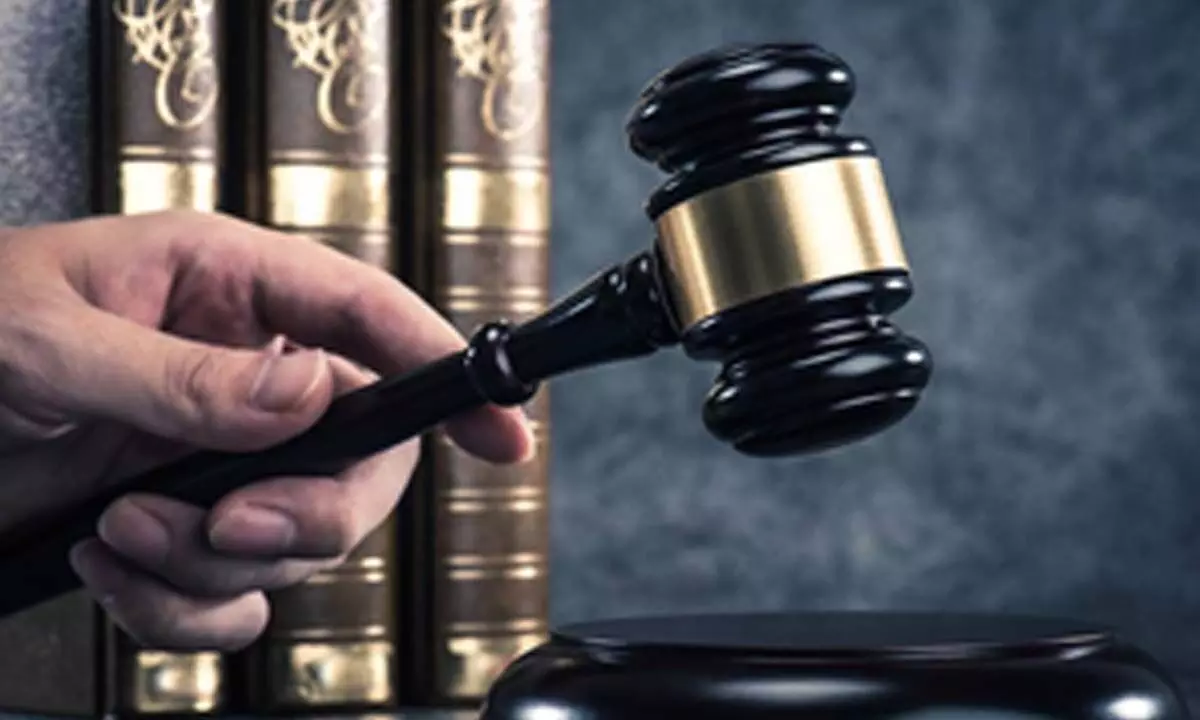
The Delhi High Court in the case Arvind Kejriwal v. State and Anr. observed and has refused to quash the summons issued against Delhi Chief Minister Arvind Kejriwal in a criminal defamation case for retweeting an allegedly defamatory video which is posted by YouTuber Dhruv Rathee in 2018.
The bench headed by Justice Swarana Kanta Sharma in the case observed and has held that retweeting defamatory content will attract the offence of defamation under Section 499 of the Indian Penal Code, 1860.
The court in the case observed and has upheld the order passed by the Magistrate and the order passed by the Sessions Court wherein it rejected the Kejriwal’s revision plea against the same.
In the present case, Kejiriwal had filed the petition in the year 2019.
Therefore, the coordinate bench had stayed trial court proceedings initiated in the matter in December 2019.
The court held that online interaction on Twitter and sharing any posts with others by retweeting attracts the liability for the offence of defamation.
Adding to it, the court stated that if Kejriwal wants to justify his act of retweeting the video, it can be done at the stage of trial.
The bench headed by Justice Sharma in the case held while pronouncing the first judgement on the issue of criminal liability on retweeting, that even mere whisper, when echoed in cyber domain, magnifies to a great extent.
It has also been stated by the said court that the ramification is far more than whisper when a public figure tweets or retweets something on social media
The court in the case stated that when a public figure with a political standing tweets or retweets, defamatory post, the repercussions escalate given the broader implications on society. Therefore, the audience becomes a citizenry at large whose opinion may be influenced by the information they consume including the defamatory statement published on social media.
The court held that the concept of a publication, which was earlier being limited to only printed material, must be examined in the context of virtual platforms and that the legal system must remain in tune with the social media. Further, the court held that some sense of responsibility must be attached while retweeting content on social media which the person does not have knowledge about. Thus, the retweeting must attract penal, civil as well as tort action.
Adding to it, the court stated that when the retweeting is done by political persons, including a Chief Minister, with bigger social media presence, such retweet becomes public endorsement which can be believed by public at large.
Therefore, the complaint against Kejriwal was filed by Vikas Sanskrityayan, founder of social media page, I support Narendra Modi. Thus, he claimed that the YouTube video titled ‘BJP IT Cell Part II’ was circulated by Rathee and false and defamatory allegations were made in it.
It being the case of him that Kejriwal retweeted the video in question without checking for its authenticity.
It has also been alleged by the complainant that the video was defamatory in nature and that Kejriwal’s tweet had tarnished his reputation both in India and abroad.
The Magistrate in the case observed had summoned Kejriwal that that the post retweeted by him referred to the complainant and was prima facie defamatory.